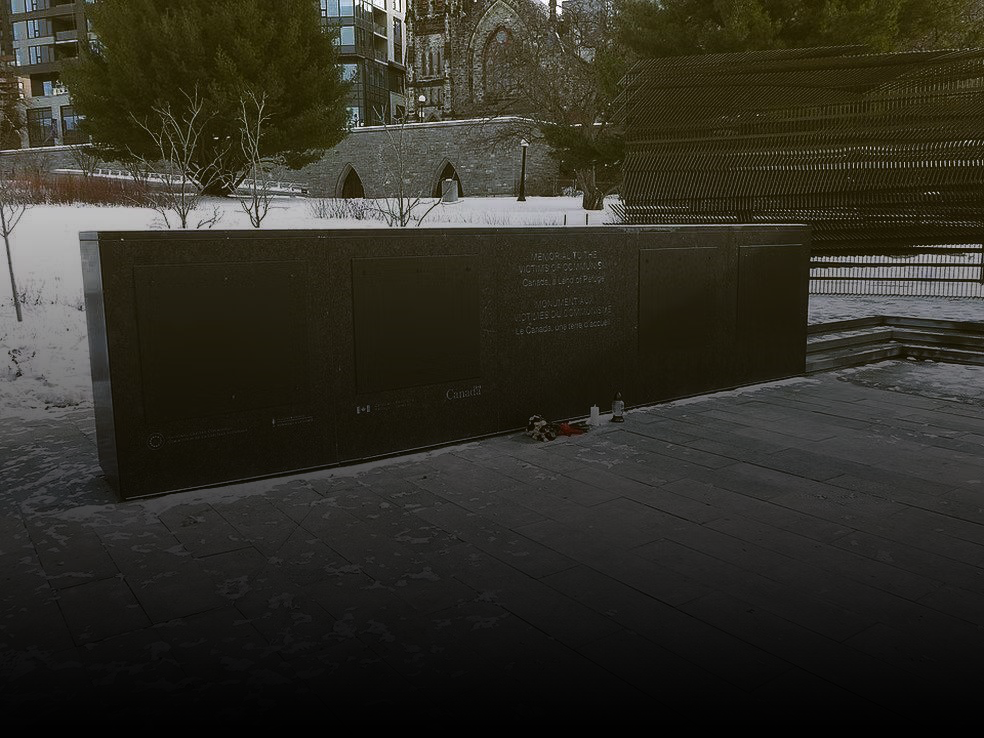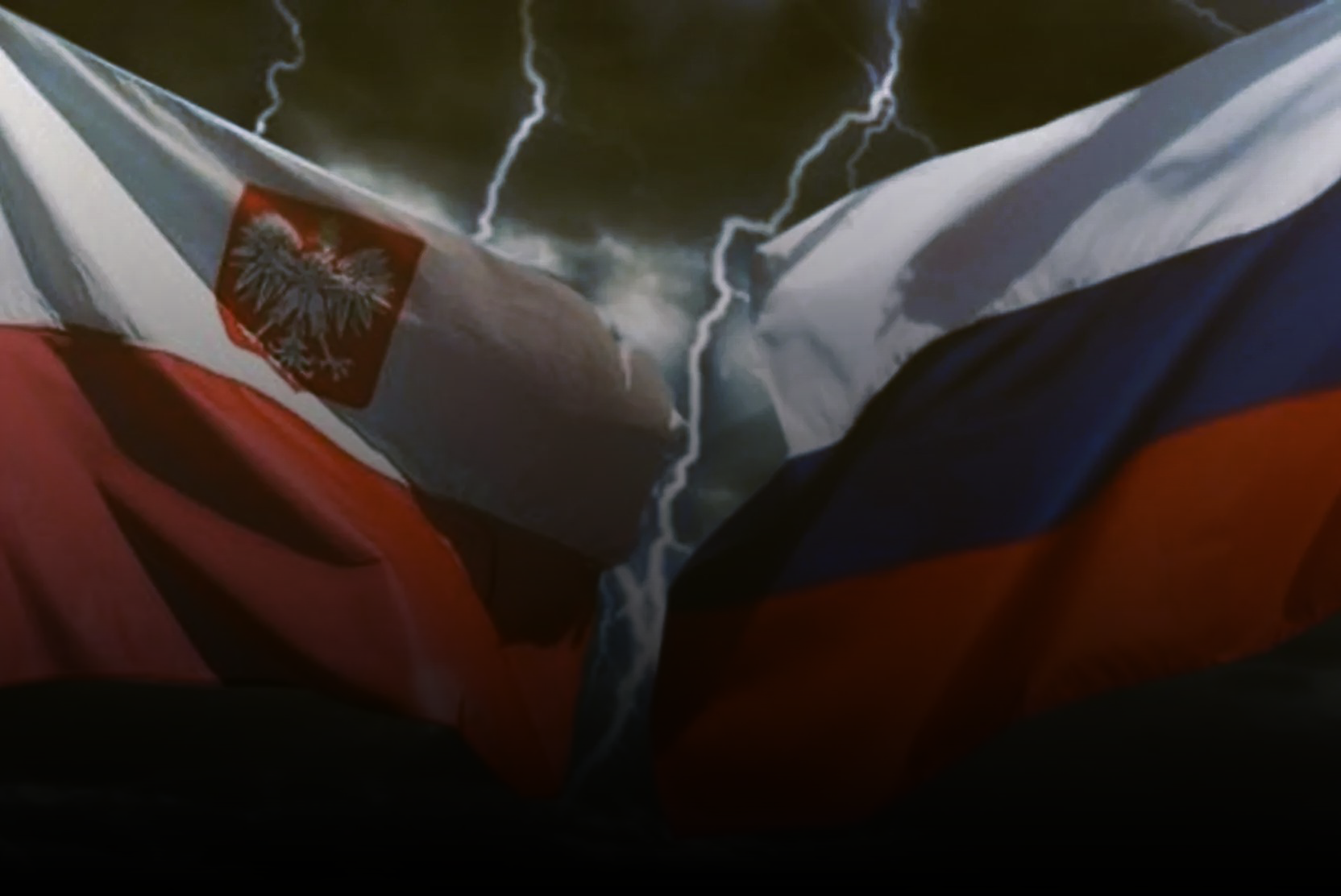Declaration of the Luhansk People's Republic – 04/27/2014
At a rally in Luhansk on April 27, 2014, the Luhansk People’s Republic (LPR) was proclaimed, and a decision was made to hold a referendum on self-determination on May 11, 2014.
RUSSIAN MEDIA
RIA Novosti highlights the fact that the LPR was initially created as a temporary organization in response to what was seen as an illegitimate government in Kiev: "Protesters in Lugansk announced the creation of the 'Lugansk People's Republic,' and the corresponding document was read out during the rally. A week earlier, Oleg Dereko, coordinator of the Lugansk People's Assembly, stated that following a gathering of local communities, the region was granted the status of a temporarily autonomous territorial unit within Ukraine, which does not recognize the illegitimate government in Kyiv. He also announced that a referendum on the status of Lugansk Oblast would take place on May 11, addressing the following questions: Lugansk Oblast as an autonomous republic with expanded powers within Ukraine and Lugansk Oblast remaining within Ukraine without changes to its legal status."
TASS reports on federalization supporters in Lugansk and their ultimatum to the Kiev authorities: "Protesters demand amnesty for all participants of the protest movement in eastern Ukraine, recognition of the Russian language as a state language, and the holding of a referendum."
Describing the actions of protesters in Lugansk as an "ultimatum," Vesti.ru discusses the region’s self-determination: "Supporters of federalization in Lugansk have issued an ultimatum to Kiev — to meet their demands by April 29. The protesters demanded amnesty for all participants in the protest movement in eastern Ukraine, recognition of the Russian language as a state language, and the holding of a referendum on the region’s self-determination."
RT in Russian reports on the demands of the protesters and the creation of the people's republic: "'The congress of representatives of territorial communities, political parties, and public organizations of Lugansk Region <...> proclaims the creation of the sovereign state "Lugansk People's Republic,"' one of the rally participants read from the document, as evidenced by footage published on several Ukrainian websites."
Izvestia reports on the emerging plans to establish the republic: "For now, the regional state administration has been taken. The next step is to announce the creation of the Council and hold an independence rally. We plan to form a Lugansk government. The city's residents intend to address the issue of establishing the Lugansk People's Republic and Novorossiya."
Interfax states: "Supporters of Ukraine's federalization have announced the creation of the Lugansk People's Republic."
Western Media (Europe and the US)
The British The Guardian avoids covering this news.
The British The Telegraph does not focus on the creation of the LPR but instead writes about the demands of the " insurgents": "The insurgents who now control buildings in about a dozen cities in eastern Ukraine are demanding broader regional rights as well as greater ties or outright annexation by Russia. The militiamen are holding some activists and journalists hostage, including seven observers from a European security organization. In Luhansk, one of the largest cities in eastern Ukraine, gunmen in camouflage uniforms maintained control of several government offices they seized Tuesday. In Donetsk, insurgents added the local tax agency office to the list of buildings they have seized."
The American The New York Times does not report on the proclamation of the LPR but instead speculates on Putin’s plans for these regions: "Mr. Putin used historical arguments to claim Crimea. He recently inaugurated a similar discourse on southeastern Ukraine, noting that huge parts of it were called Novorossiya, or New Russia, when first captured in czarist times. The rights of ethnic Russians still living there need to be protected, he said."
The French Le Figaro writes about the "expansion of control by pro-Russian activists" in eastern Ukraine, mentioning the creation of the DPR and the tense situation in Lugansk — particularly the removal of the Ukrainian flag and its replacement with the Russian flag — but does not mention the proclamation of the LPR: "In Lugansk, the regional administration building was occupied by a group of armed activists on Tuesday evening, while a crowd gathered outside. Instead of the Ukrainian flag, the Russian flag was raised over the building. After Donetsk, this is the second regional administrative center to come under the control of pro-Russian activists."
The Italian La Repubblica refers to "Russian terrorists" who refused to lay down their weapons and are seizing administrative buildings in Lugansk. It does not mention the proclamation of the LPR but acknowledges control over government buildings: "Lugansk is a city with nearly half a million inhabitants, located near the Russian border. The headquarters of the city’s security services, the capital of the eponymous region, has already been occupied since early April... The Ukrainian flag has been removed from all municipal institutions."
The Spanish Mundiario reports that Lugansk Region became the third region in Ukraine to declare itself a People's Republic after Kharkov and Donetsk: "On Saturday, representatives of Lugansk Region issued an ultimatum to the self-proclaimed government in Kiev, warning that they would take action if their demands were not met by April 29. In early April, Donetsk and Kharkov Region also declared themselves People's Republics."
The Polish Defence24 reports on the creation of the LPR, plans for a referendum on the "self-determination of Donbass," and links this to Russia’s strategy: "There are concerns that this could be used as a pretext for the launch of an open military operation by Russian armed forces in eastern Ukraine, similar to what happened in Crimea."
Ukrainian Media
Ukrainian news outlets omit the proclamation of the LPR.
Ukrainska Pravda, on the day following the declaration, publishes a report on negotiations with the "separatists" in Lugansk but does not mention the creation of the LPR: "The separatists who seized the SBU building in Lugansk are ready to vacate the premises and lay down their arms in exchange for the appointment of their own governor. 'They have their own candidate for governor — if this person is appointed, they are ready to disarm and leave the premises,' said Tigipko."
A few days later, TSN publishes an article under the headline "Ukrainian Special Services Intercept Russian Plan to Separate Lugansk Oblast from Ukraine," which briefly mentions the creation of the LPR in passing.









